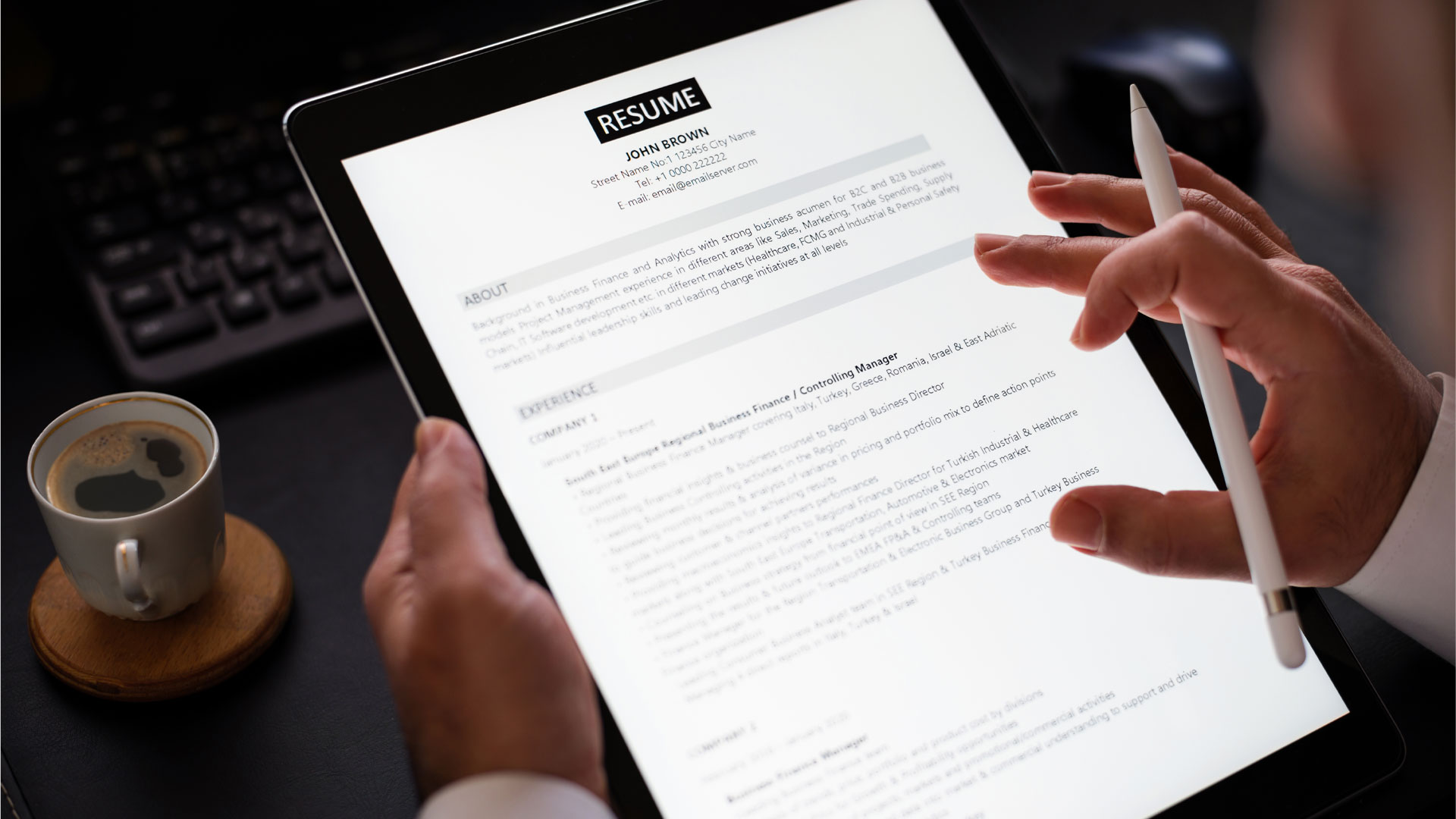Careers advice
Working with recruiters when job hunting in NZ
How to get the most out of this relationship.
Using a recruiter to find a job: top tips for success
1. Seek out the right recruiter for you
Recruiters can help get your job application firing on all cylinders.
2. Put your best foot forward
3. ...but be honest
Recruiters will listen to what you want from your next career move, and help you get there.
4. Develop a relationship
5. Deliver on your end of the bargain
6. Stay true to yourself
Other articles you might like





